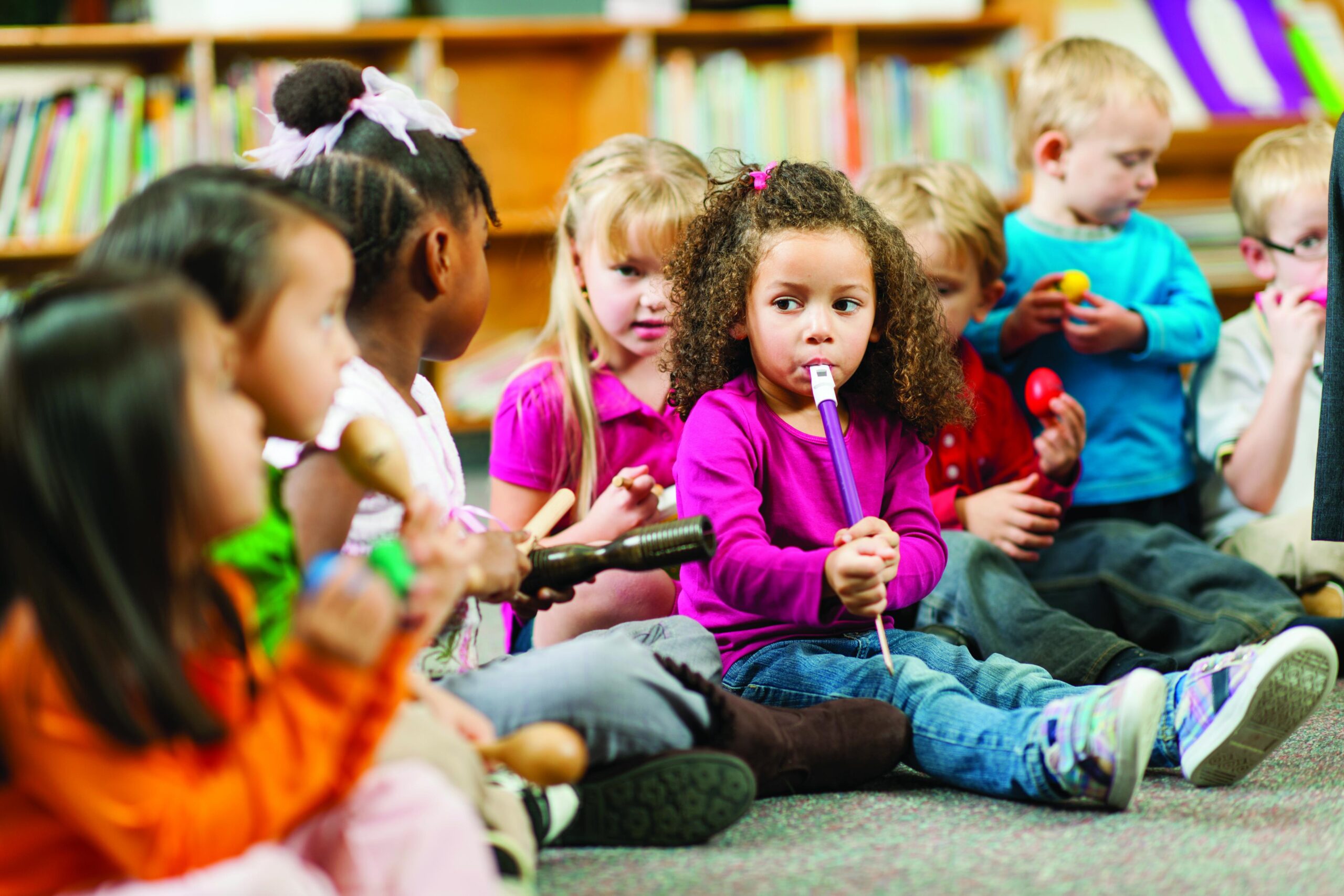
After a fun or exciting winter break away from routines, academics, homework, and classroom instruction, it can be difficult for students to return to school. For those who might not enjoy the learning environment, it might be even harder to transition back.
As parents, it might feel like a mental battle getting your child ready for school again. However, you can do a few things if you feel lost or need some tips to help your child transition. Not all of these strategies will work for all children—it’s essential to know your child’s personality and what will work for them.
Prepare the Night Before
When transitioning your child back to school, frontloading them is one of the most crucial ways to make it feel easier. Frontloading means letting your child know what to expect, so there are no surprises. For example, you can tell them what time they’ll need to wake up again to get ready for school, pack their backpack, and set out their clothes the night before. The act of preparing will help your child subconsciously prepare mentally for the return to school.
Preparing lunches, clothes, and backpacks beforehand can also make mornings easier. Instead of feeling pressured to get ready and rush out the door on time, it can make the transition back to a timely schedule easier and quicker.
Maintain a Routine
Be patient but consistent. It may take a few days or weeks for your child to fully transition back to school, depending on their age and disposition, but don’t give up on the routine. If you had a morning and evening routine that worked before the winter break, returning to that schedule can help make the transition easier, especially if it’s a routine with which your child is already familiar.
Make Sure They Get a Good Night’s Sleep
Reintroducing their school sleep routine can be a big adjustment, especially if they are used to sleeping in every day. If your child has difficulty transitioning, you might face resistance or tears in the mornings. However, it’s important to be patient and allow them to adjust. Having consistent bedtimes is essential to ensuring your child gets enough sleep and improves their sleep health.
According to the American Academy of Sleep Medicine (AASM), they recommend the following hours of sleep for children and teenagers:
- 3-5 years old: 10-13 hours
- 6-12 years old: 9-12 hours
- 13-18 years old: 8-10 hours
Validate Their Feelings
Returning to school or work is challenging for anyone after a long break, and your child must recognize they’re not alone. If they feel anxious about returning to school or sad that the holiday season is over, make yourself available to listen to and empathize with them.
You can say things like: “I’m sad the holidays are over too. We had so much fun, didn’t we? But even if they’re over, let’s think about what we can look forward to,” or “I know you feel anxious to go back to school, it’s not easy to do. But let’s discuss what worries you and what we can do to help you.”
When your child feels heard and understood, it can be easier for them to talk about and slowly change their mindset.
Discuss the Things They Look Forward to At School
During winter break, many children love the holiday season and intentional family time, so returning to school can feel disappointing and difficult. However, help your child focus on what is ahead, not just on all the fun they had without school. Ask them what they’re excited about learning or which friends they want to see or play with. You can even give them a little token or new school supplies they can put into their desk or pencil box at school to make it feel more special. Transitioning is always easier when we focus on the positives and give ourselves something to look forward to.
Celebrate Their First Week Back
At the end of the first week or two, celebrate! Talk about what they liked about school and how it felt for them going back. Maybe it was hard at first, but it got easier each day—make sure to recognize that so your child feels understood and accomplished. You can celebrate the end of their first week with little things, like a movie night, a trip to the Oregon Museum of Science and Industry, catching the last weekend of ZooLights at the Oregon Zoo, extra video game time, or another activity they enjoy.

Emily currently lives in Orange County, California after spending four years in Illinois and half a year teaching in Florence, Italy. She holds a B.A. in English Literature from Knox College and an M.A. in Counseling from the University of San Diego and has taught English to native speakers and ESL students for over three years. When she’s not working as a School Counselor or writing, she enjoys traveling the world, playing instruments, and blogging about Millennial experiences at Long Live the Twenties.
